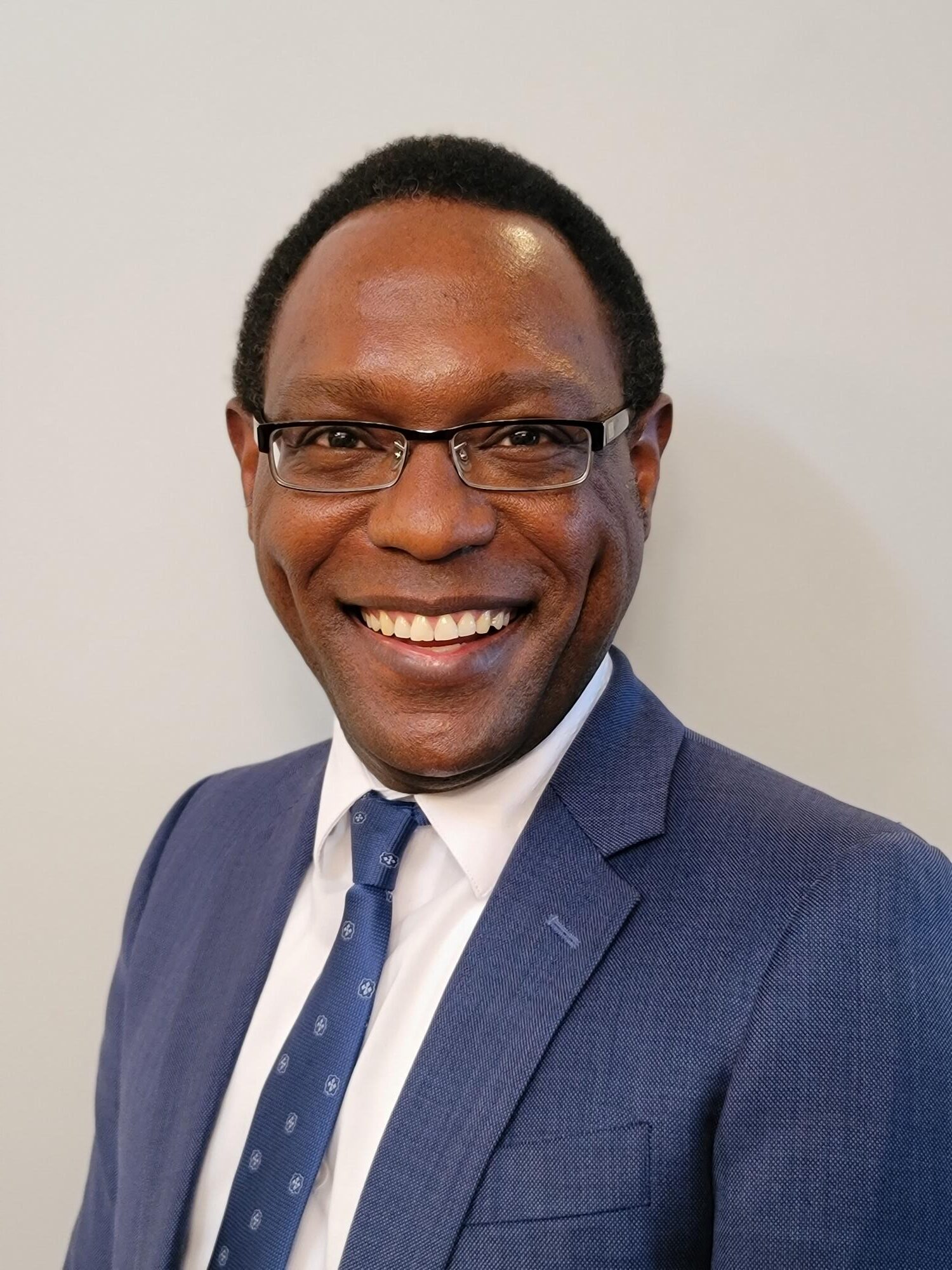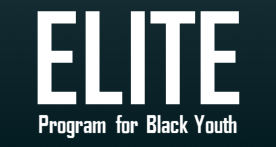
Author: Tom Ndekezi
18 May 2021
Even after spending a few minutes with Dr. André McDonald, it’s clear that he likes to constantly keep things moving.
Dr. McDonald’s email happens to be malfunctioning during one of our first few video calls. At first, I don’t fully grasp the exasperation in his voice, but he quickly explains to me how the particular issue adds just enough time to each task to set him back about 20 to 30 minutes over the course of the day.
It’s the kind of relentless drive that you expect from an engineering professor at the University of Alberta, and it’s indicative of the mindset that Dr. McDonald brings into all of his projects.
It’s also why I wasn’t surprised to learn that despite helping build the ELITE Program for Black Youth into a thriving initiative with over 40 interns, 40 internship hosts, four major sponsors, and hundreds of thousands of dollars in funding, Dr. McDonald first had the idea to start the program less than a year ago.
“I really started conceptualizing [ELITE] around June of 2020,” Dr. McDonald says. “What I wanted to contribute to was the work-integrated-training element. So I then started thinking about doing that and focusing on STEM.”
ELITE is actually an acronym standing for Experiential Learning in Innovation, Technology and Entrepreneurship. The program is designed to introduce Black youth to careers in STEM through paid internships with industry leaders, while also preparing them for the realities of the job market by providing leadership training, wellness coaching, and entrepreneurship training.
It may seem like an unexpectedly holistic approach for an internship program, but for Dr. McDonald, it’s his way of making sure that interns receive every possible advantage.
“Research has shown that innovators tend to be entrepreneurs,” Dr. McDonald says. “We want any student that works in science and engineering to start to think about creating things, not only analyzing. We want them to synthesize as well.”
It is also especially important to him that those opportunities to innovate be given to Black youth specifically.
“There haven't been a lot of opportunities presented to Black youth or Black people that require them to innovate,” Dr. McDonald says. “I want Black youth to come in and I want them to think on an innovation wavelength. I want them to think about how they can take the learning that they get through their work-integrated experience, actually innovate with it if they can, and then start to think, how can I create a business opportunity with my new science, technology, and engineering learning?”
Dr. McDonald hopes that by equipping Black youth with the skills needed to become entrepreneurs — and not just employees — in an increasingly technological job market, ELITE Program graduates can go on to create opportunities not just for themselves, but the wider community as well.
“If they're able to do that, then it builds long term sustainability in the community,” Dr. McDonald says, speaking of the knock-on effect of empowering Black youth. “Black people will create those corporate or business opportunities to then hire more Black people, who will create this nice sub-macroeconomic system within our community.”
The ELITE Program may still be in its first year of operation, but with more than a little help from the Faculties of Science and Engineering at the University of Alberta, donors, and the ELITE Program Steering Council, Dr. McDonald is confident that the program can hit the ground running.
That said, as you might expect, Dr. McDonald is simultaneously keeping his focus firmly fixed on the ELITE Program’s present, as well as it’s future.
“We're currently supporting about 40 students, and we would like to increase that number to maybe 60 or 80 going forward into next year and the year after that,” Dr. McDonald says. “That is what we're thinking about in terms of a next step and a sustainability plan. To really grow the Edmonton cohort and then also to expand at least to Ottawa and to Montréal in a gradual initiation process for expansion nationally.”
Gradual, steady, constant motion. Knowing Dr. McDonald, he wouldn’t expect anything less.

